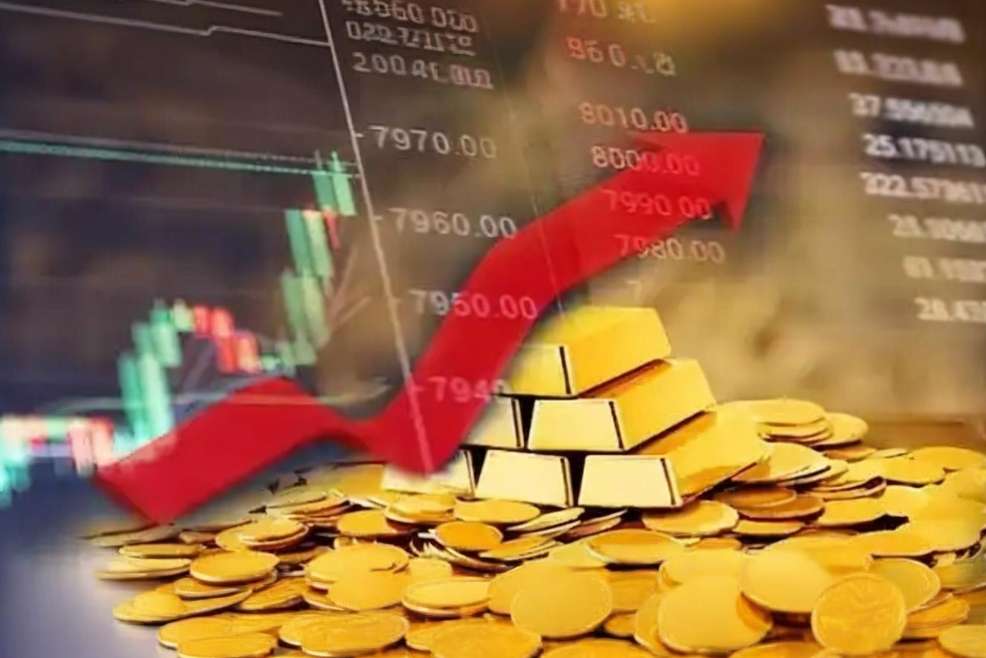Greece's Economy Poised for Steady Growth
Advertisements
Over the past few years, Greece has walked a difficult path marked by a significant debt crisis and stringent austerity measures. However, emerging forecasts suggest that the country is on the verge of steady recovery and growth. According to recent projections from the Hellenic Statistical Authority, Greece's GDP is expected to rise by 2.14% in 2024, signaling a positive trend across several sectors in the upcoming years. This optimistic outlook is rooted in Greece's dedication to economic reforms and its advantageous position to tap into European Union (EU) recovery funds.
The pivotal shift emerged from data released in mid-September, which indicated that Greece's GDP experienced a year-on-year increase of 2.3% in the second quarter of this year. Such figures prompted officials to revise their economic forecasts upward. They now estimate growth rates to exceed 1.5% annually from 2025 to 2028, with projections including a 1.72% rise in 2025, followed by increases to 1.96% in 2026, 1.86% in 2027, and leveling off at 1.50% by 2028. These increases are attributed not only to economic recovery but also to the structural reforms being implemented in digital transformation, energy transition, and infrastructure development, supported significantly by EU financial mechanisms like the Recovery Fund. This trend of growth illustrates Greece's resilience as it navigates through turbulent global economic waters, leveraging reforms and external financial support to maintain a level of economic stability.

A key factor championing Greece's economic recovery is the substantial uptick in investment. It is projected that total investments in Greece will grow by approximately 9.26% this year, effectively outpacing other economic indicators. This surge is fueled by both public and private initiatives, with private investments expected to rise by 2.25%. The European Union's Recovery Fund has been pivotal in provisioning Greece with substantial financial backing to renovate infrastructure, advance energy transformation, and bolster digital progress. Additionally, the Greek government is actively working to entice foreign investments by enhancing the investment climate, streamlining administrative processes, and offering tax incentives to encourage both domestic and international investors to venture into Greece's market.
Private consumption also plays a crucial role in Greece's economic resurgence. Forecasts suggest a 2.09% increase in private consumption for 2024, fueled by a gradual decrease in unemployment rates alongside rising household incomes. This has led to a rebound in consumer purchasing power, fostering an environment where consumer confidence is steadily recovering. Moreover, sectors such as tourism, which have shown great resilience, keep Greece's service industry buoyant. Despite the challenges posed by weak global demand affecting product exports, imports remain on the rise; thus, robust domestic demand can offset some of the detrimental effects stemming from underwhelming net exports.
In contrast to the increasing trends in investments and consumption, the Greek government anticipates a slight reduction of 0.8% in public spending this year. Ever since the European debt crisis, Greece has made concerted efforts to rein in public expenditures, aimed at minimizing unnecessary outlays and alleviating public debt burdens, ultimately ensuring fiscal sustainability. Following the outbreak of the COVID-19 pandemic, the issue of income inequality has intensified, prompting the government to enhance its primary surplus to implement more redistributive fiscal policies. For instance, the Greek administration recently unveiled a significant €1 billion relief package designed to support low-income families and promote job growth. Such measures intend to bolster the primary surplus and overall output, which could consequently decrease Greece's debt-to-GDP ratio further to 153.1% and 146.8% in 2024 and 2025, respectively.
When considering the broader picture, the outlook for Greece's economic growth remains relatively optimistic, though certain challenges persist that may threaten its potential for future expansion. Notably, Greece’s growth remains heavily reliant on external markets, and an increase in global economic uncertainty, high inflation rates, and fluctuations in energy prices could adversely affect the nation’s exports, investment, and tourism sectors. Although the Greek government has taken measures to mitigate inflationary pressures, the rise in energy costs, ongoing supply chain issues, and increased prices for imported goods could restrain household purchasing power, thereby limiting the growth of private consumption and discouraging investment.
In conclusion, by refining its investment environment, accelerating innovation, and promoting sustainable development, Greece appears well-positioned to achieve steady growth over the coming years, gradually steering itself back onto a path of economic health. While ongoing policy support and a stable external landscape remain essential, the ambitious target of a 2.14% economic growth rate for 2024 stands as a promising signal. The journey towards Greece’s economic recovery may indeed be lengthy, but the prospects ahead look bright.